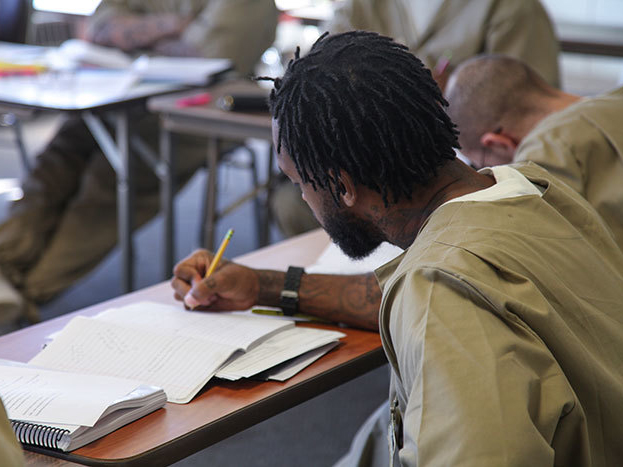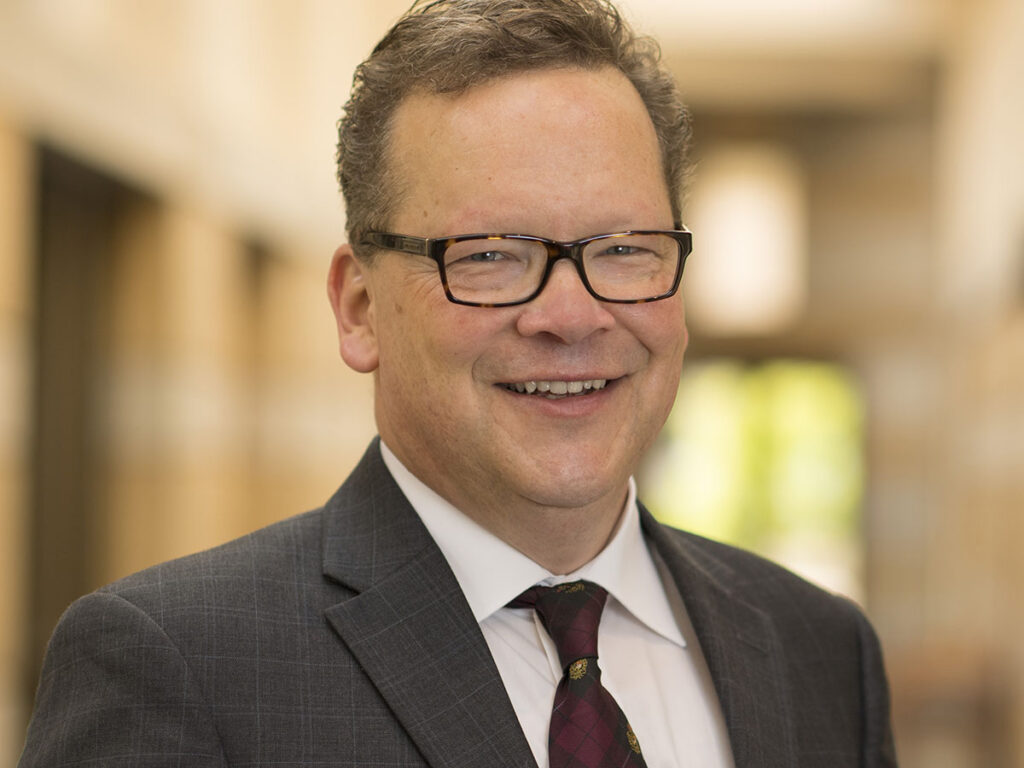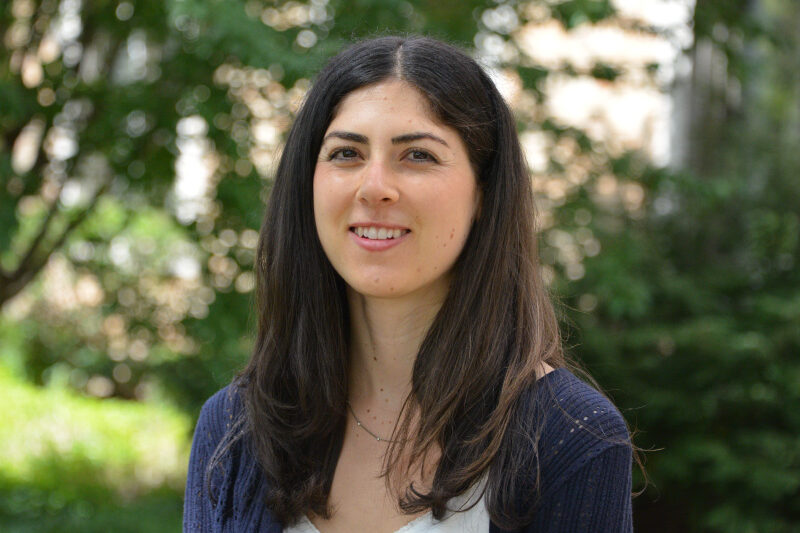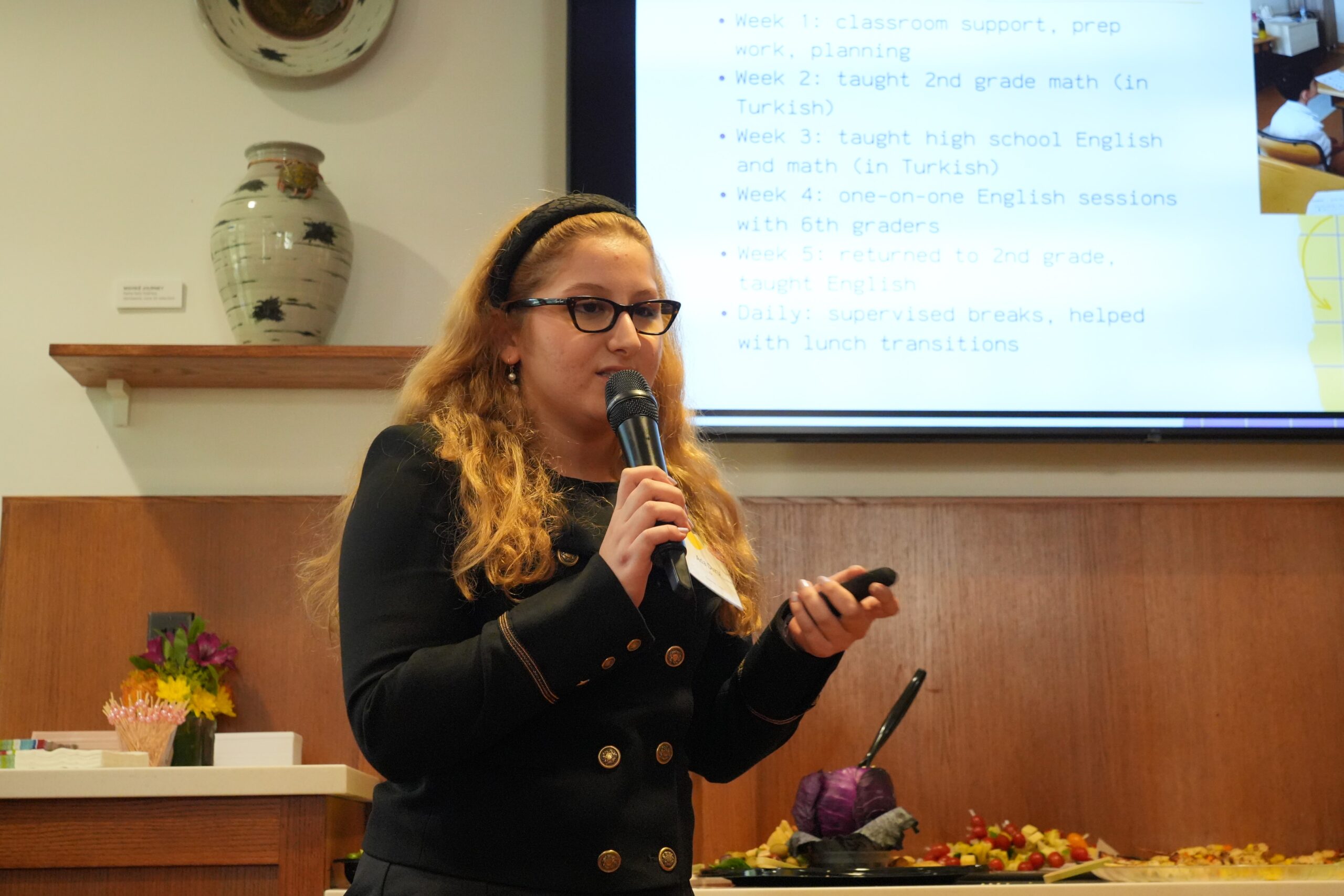Reflections on teaching at Westville Correctional Facility: ‘One of the most meaningful things I’ve ever done’
September 25, 2023

Each Monday this fall, Notre Dame faculty members Bill and Marie Donahue are commuting to work together — not to the University’s campus, but to Westville Correctional Facility.
They drive 45 minutes from South Bend to the medium-security prison in Westville, Ind., and pass through a security checkpoint and several sally ports before arriving at their classrooms. For the next three hours, they teach their respective courses to the incarcerated men living at Westville.
“It’s one of the most meaningful things I’ve ever done,” Marie said.
The Donahues are two of the more than 40 faculty members from Notre Dame who have taught at Westville through the Moreau College Initiative, an academic collaboration between Holy Cross College and the University of Notre Dame, in partnership with the Indiana Department of Correction. It’s part of Notre Dame Programs for Education in Prison, an initiative housed at the Institute for Social Concerns.
Notre Dame Programs for Education in Prison, or NDPEP for short, is committed to bringing a world-class liberal arts education to eligible incarcerated men and women in Indiana. It fulfills this mission through a network of programs and partnerships — including the Moreau College Initiative, which gives men at Westville the opportunity to earn associate’s degrees and bachelor’s degrees from Holy Cross.
The Donahues joined the Notre Dame faculty in 2015. Bill, the Rev. John J. Cavanaugh, C.S.C., Professor of the Humanities, previously taught at Duke University. Marie, a global health practitioner who has worked in numerous African countries and Haiti, is an associate teaching professor in the Eck Institute of Global Health and director of the Global Health Minor.

“We came to Notre Dame because it’s a special place,” Bill said. “It’s a really special university.”
Marie added, “Notre Dame’s mission is what drew us here.”
They said Notre Dame Programs for Education in Prison, including the Moreau College Initiative, are emblematic of the University’s mission to be a force for good in the world and the principle that every person deserves to be treated with dignity.
“We can’t set the prisoners free, as the Gospel asks, but we can set them free in class to think and to imagine and to express themselves,” Bill said.
This fall, Marie is teaching Foundations of Global Health through the Moreau College Initiative. She previously taught Biosocial Determinants of Health — a subject that the students were able to engage with and offer their own valuable perspectives.

“Biosocial determinants are the forces that shape health — societal, economic, political, and on and on,” she said. “These guys are intimately familiar with what those forces are, so they bring their life stories and their experiences.”
This semester is Bill’s first experience teaching in the Moreau College Initiative.
His course, Crises of Faith in Great Works of Literature & Film, is one that he teaches as a University Seminar at Notre Dame.
The environments at Notre Dame and Westville are different, obviously, but the courses are the same — with identical texts, syllabi, and expectations.
One difference is that the students in the Moreau College Initiative are learning, researching, and writing the old-fashioned way without computers and without internet access.
But that also poses challenges.
“You have to be really prepared,” Marie said. “It’s not like here, where I can run back to my office. You can’t email the students. If you want to show a video, you have to download it and bring it.”
Bill said, “You have to get totally into your game. You want to give them the best game you possibly can. It is a way of stripping everything down to the bare essentials. You have no toys to play with. In a humanities class, you’re just talking about books.”
Sometimes corrections officers need to interrupt the class sessions to count the students and ensure all are still present in the classroom.
“It tries you as a teacher,” Bill added. “If you think you’re good, you should try it there.”
He recounted that earlier this semester the classroom had an air conditioner that was so loud that he and the students couldn’t hear each other. “We just got closer together and raised our voices,” he said.
“They are so hungry to learn,” he added. “There’s a hunger to be seen and acknowledged and respected. I feel it in the room, and it makes me happy to be part of the experience that they’re having.”
Marie said most of the Moreau College Initiative students do all the reading before coming to class, and some might read the material more than once.
“Last year when I taught Biosocial Determinants of Health, I had a student who had three different color highlighters that he would use to denote the themes of what he was reading,” she said. “He could practically recite what was in the text or what was in the article.”
The students have proven themselves to be smart writers, too.
“They have great engagement with material, great analysis,” Bill said. “The whole mental apparatus of thinking clearly, using arguments, reasoning well, listening to your opponent. They can do that.”
Marie noted that the students they teach are going to be released at some point. Their education in the Moreau College Initiative can be a sort of bridge to their next steps in life.
She said, “You can see them trying to figure out, ‘How am I going to use this experience when I get out? How am I going to make my life better?’”
Learn more about Notre Dame Programs for Education in Prison.
Related Stories
-
ReSearching for the Common Good: Solbee Kang
-
Bridging worlds through art—Kyla Walker joins institute as international poetry justice fellow
-
The power of encounter—RISE Hometown prepares incoming students for learning in service of justice at Notre Dame
-
The beauty of everyday democracy—Institute convenes scholars, practitioners, Luke Bretherton for democracy conference
-
Catalyzing collaborations with South Bend citizens for the common good—Institute launches South Bend Citizens Collaboratory





